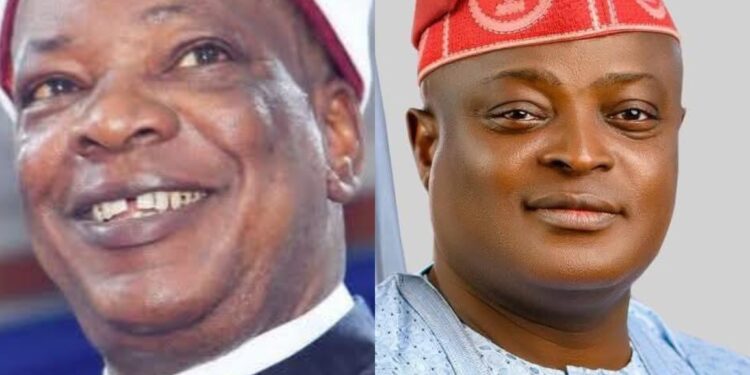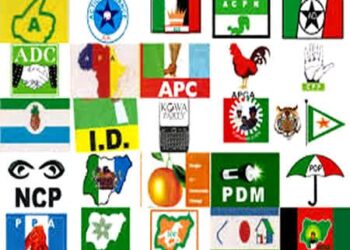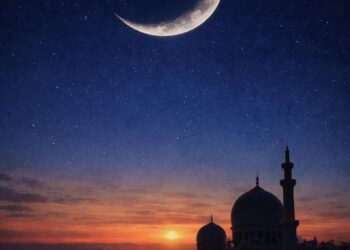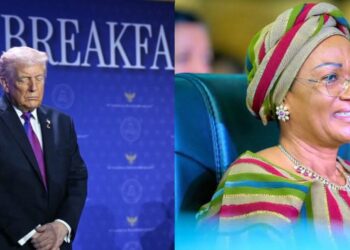
By Ibrahim Kegbegbe
Agege, one of the most vibrant local government areas in Lagos State, continues to assert itself as a powerhouse of leadership, knowledge, and influence. This historically rich community is home to great minds who have shaped governance, religious scholarship, and societal advancement. Two prominent figures—Mudashiru Obasa, the reinstated Speaker of the Lagos State House of Assembly, and Sheikh Habibullah Adam Al-Ilory, a renowned Islamic scholar deeply rooted in scientific and Islamic jurisprudence—exemplify Agege’s status as a land of wisdom and authority.
The political trajectory of Mudashiru Obasa underscores the resilience and strength of leadership that Agege produces. His recent removal and swift reinstatement as Speaker of the Lagos State House of Assembly highlight not only his political dexterity but also the undeniable influence of Agege on Lagos politics. While some may argue that his removal was fueled by personal vendettas, the undeniable truth remains that Obasa’s leadership and contributions to legislative progress in Lagos cannot be erased. His reinstatement serves as a testament to his strong political will and the unwavering support he commands.
Similarly, in the realm of religious scholarship and scientific accuracy, Sheikh Habibullah Adam Al-Ilory, popularly known as Mudeer Markaz, has proven himself as an authority in Islamic knowledge. His ability to accurately determine Islamic calendar dates, including the commencement of Ramadan and Eid celebrations, has earned him both admiration and opposition. The recent controversy surrounding the Eid Fitri date in 2025 further highlights the depth of his knowledge. While the Sultan of Sokoto and Saudi Arabian authorities announced March 30 as Eid Fitri, Mudeer Markaz, based on his scientific and Islamic calculations, declared March 31 as the correct date. The sighting of the moon on Sunday night, affirming his stance, once again reinforced his credibility in Islamic jurisprudence.
Yet, despite his unparalleled accuracy over the years, some religious factions, particularly those inclined towards Salafi doctrines, have resisted his insights—not based on scholarly evidence but rather on personal sentiments. The hatred towards Mudeer Markaz is deeply rooted in the reality that since 2010, he has consistently provided correct Islamic dates, challenging established authorities who have often been incorrect in their pronouncements. His resilience and unwavering commitment to truth stand as a beacon of light in Agege’s legacy of excellence.
Agege has continuously produced individuals who define leadership, whether in politics, religion, or social development. It is a land of intellect, resilience, and foresight. It is no coincidence that two of the most significant personalities in recent events—Mudashiru Obasa and Mudeer Markaz—hail from this same great community. Their influence transcends their immediate domains, impacting governance and religious scholarship at national and international levels.
Agege is more than a geographical entity; it is a legacy, a hub of knowledge, and a land where the bosses of all bosses emerge. The leadership of Mudashiru Obasa and the intellectual prowess of Sheikh Habibullah Adam Al-Ilory reinforce that Agege remains a place of greatness—where history is made and where true leaders rise.

















